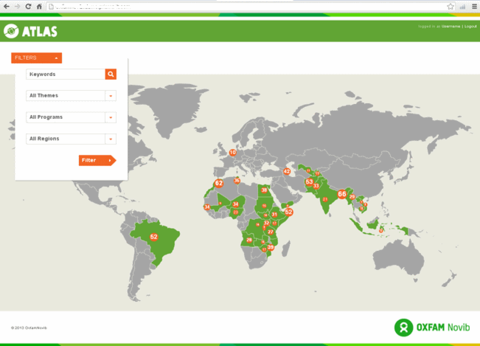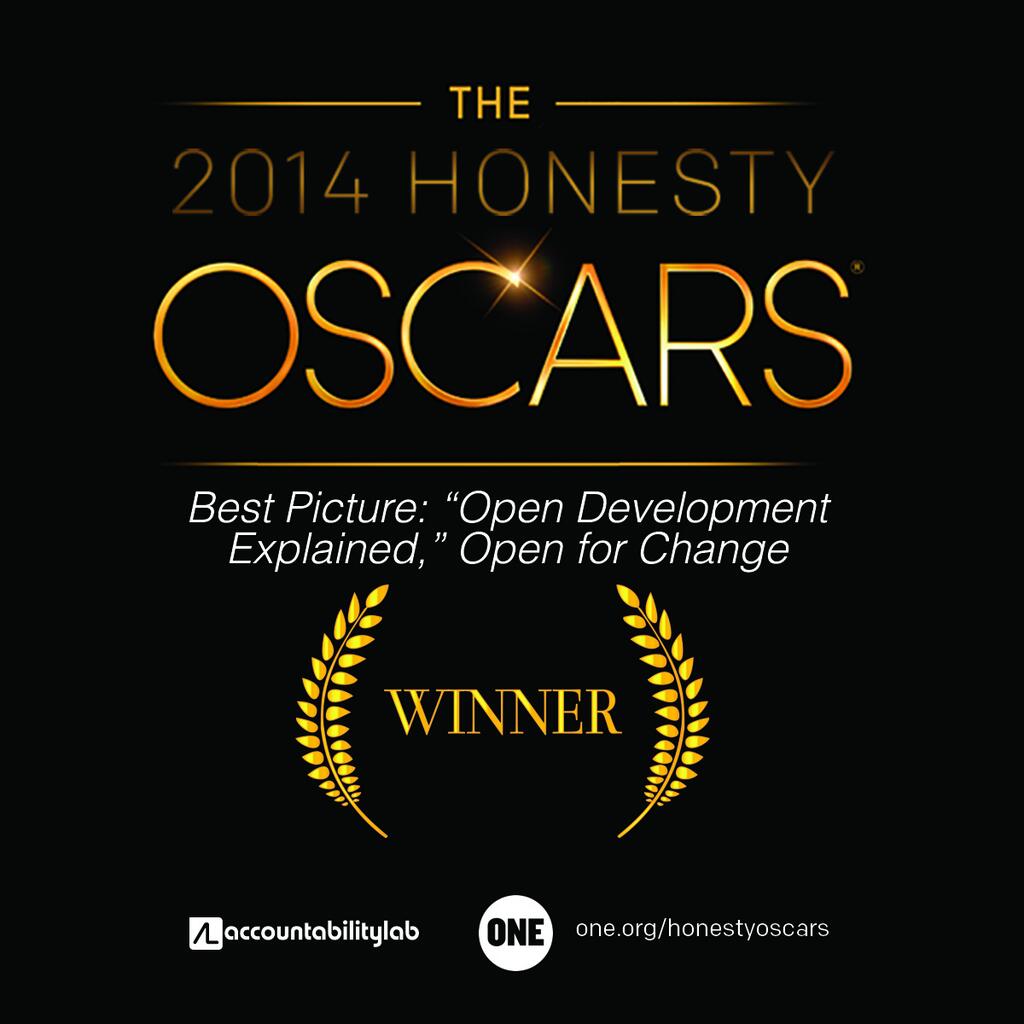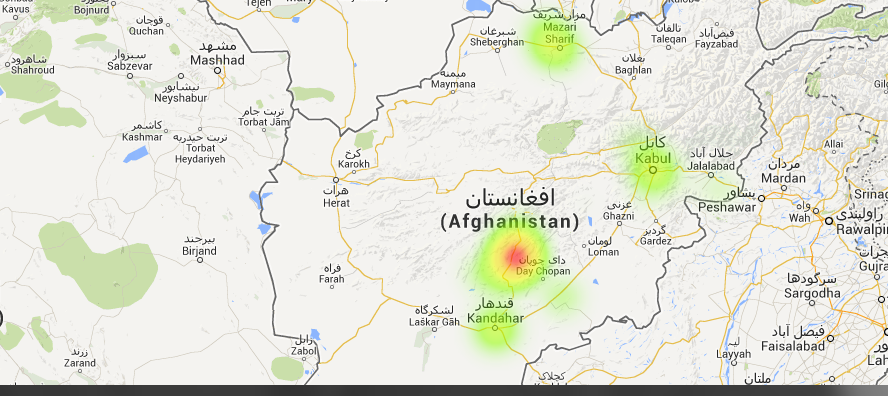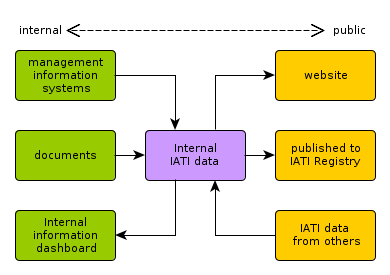Category: International development
Let’s build a “Debian for Development Data”
 Open Data (photo Jonathan Gray)I just returned from an intense week in the UK: an IKM Emergent workshop in Oxford, and the Open Government Data Camp in London had me almost drowning in “open data” examples and conversations, with a particular angle on aid data and the perspectives of international development.
Open Data (photo Jonathan Gray)I just returned from an intense week in the UK: an IKM Emergent workshop in Oxford, and the Open Government Data Camp in London had me almost drowning in “open data” examples and conversations, with a particular angle on aid data and the perspectives of international development.
As the result of that, I think we’re ready for a “Debian for Development Data”: a collection of data sets, applications and documentation to service community development, curated by a network of people and organisations who share crucial values on democratisation of information and empowerment of people.
Designing sociality for Nabuur
Nabuur has been pioneering online volunteering since 2001, and is currently redesigning their organisation: how to put "web 2.0" into the DNA of everything that’s happening? And how to engineer that, rather than try and hope it works?

So I spent the day with Nabuur team members, who invited René Jansen to facilitate drilling down to the core of their activities. René is one of the authors of "The Realm of Sociality: Notes on the design of social software", a paper which won the Best Paper Award 2007 at the “International Conference on Information Systems” in Montreal, last December, and (to me, at least) introduces the concept of "sociality" as the centre of the design process.




